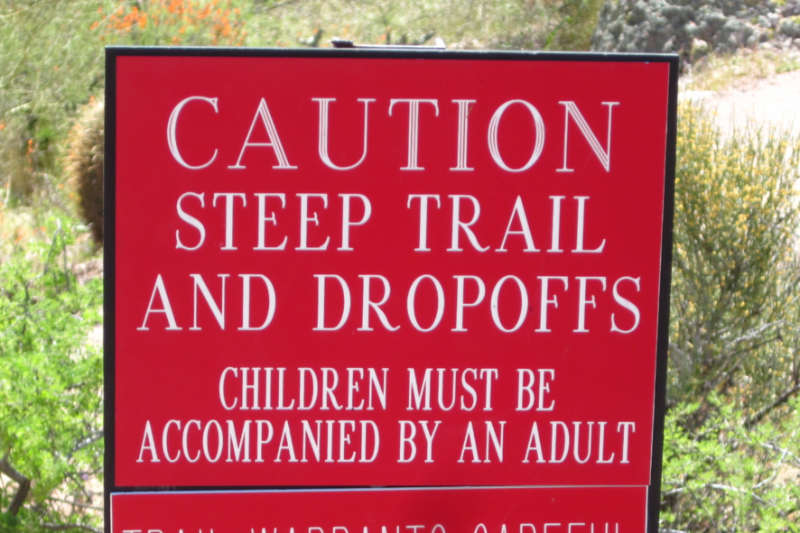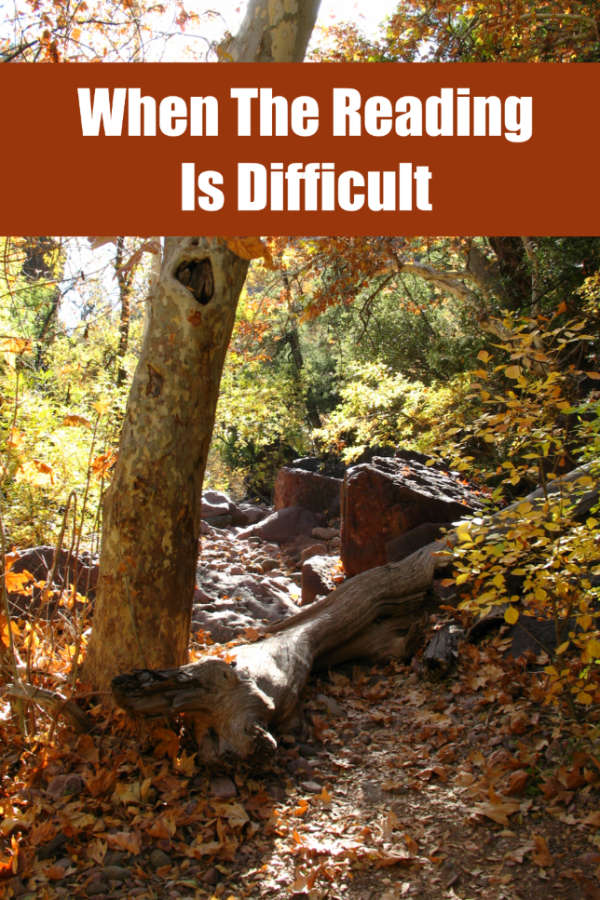Have you ever found a book difficult to read?
I am not talking about having difficulty with the book because it is boring or uninteresting, because it is poorly written, because it is too technical, or because its language and vocabulary are too complex.
I am referring to an otherwise compelling story whose subject matter becomes too painful to deal with. Sometimes that may be because it hits too close to something causing personal trauma. Other times the story deals with such horrible situations it hurts to read about the disasters or the atrocities people inflict upon each other.
My book club recently read the book Behind the Beautiful Forevers by Katherine Boo. It is a non-fiction book that reads like a novel. In fact, a couple of us thought it was a novel until we came to the end and read the author’s postscript. The book is subtitled Life Death and Hope in a Mumbai Underbelly. It tells the stories of people trying to survive and striving for a better life in a makeshift settlement in the shadow of luxury hotels near the Mumbai airport. I, like others in the club, put it down a few times because I didn’t know if I could bear to read any more about the harshness and injustices of these people’s lives. If the book had truly been fiction, book club discussion would likely have raised points about how the story wasn’t credible. We might have said the author had gone over the top in piling on adversities to illustrate a point.

I am glad I picked the book up again and continued. If the writing had not been so skillful I may not have, but the stories and characters were interesting enough to keep me going. I learned something, both about the inequities in that setting and about humanity in general. How that new knowledge and understanding might change me or improve the situation for people like those in the book is unclear right now, but it feels important that the story be told and heard.
I’ve read other fiction and non-fiction books dealing with difficult topics, from universal human tragedies, such as depression, suicide, and illness, to specific horrors that have happened in history, like the Canadian internment of Japanese in World War II, the Vietnam War, racism, refugees of the Holocaust, and the imprisonment of young women in Iran and Afghanistan. It is often the resilience of the human spirit, the little pockets of true goodness in the midst of evil, and the surprising power of hope that keep both the characters in the stories and the readers going.
If a story is well-written, I usually soldier through those tough bits and wind up glad I did. The exceptions may be graphic war stories or a topic too close to a personal distress too soon after or during the event itself.
I recently wrote a blog post for my site Destinations Detours and Dreams that I found difficult to write and I expect many readers will have trouble reading. It was about a visit to a big cat sanctuary in Arkansas. The visit itself was disturbing. The stories of the cats and why they need rescuing are heartbreaking. But the work and message of the sanctuary is important.
I read a variety of books. Sometimes I am seeking specific information. Sometimes I deliberately seek out light-hearted books. Sometimes I love to solve a puzzle or mystery. Other times I want to experience another place or get to know another person, real or fictional. That doesn’t always involve reading about those very difficult things, but sometimes it does. Those difficult stories are often the ones most important to be written and to be read. In opening our eyes to injustices and the human impact of events in our world, they may spur us to positive action. In broadening our understanding of each other, they may make us kinder and more compassionate.
How do you deal with difficult or painful topics in your reading?
PIN IT

I’m a pretty steady reader no matter the topic, but it was really hard to get through parts of Sophie’s Choice. I did have to put that down for a couple of days at a time as I read it.
Jeri, I may not be as steady a reader as you are. There are some books I’ve been very glad I read that I too have had to put down for periods.